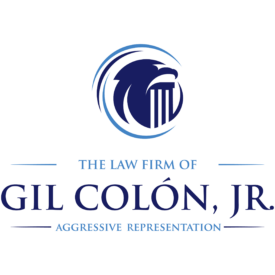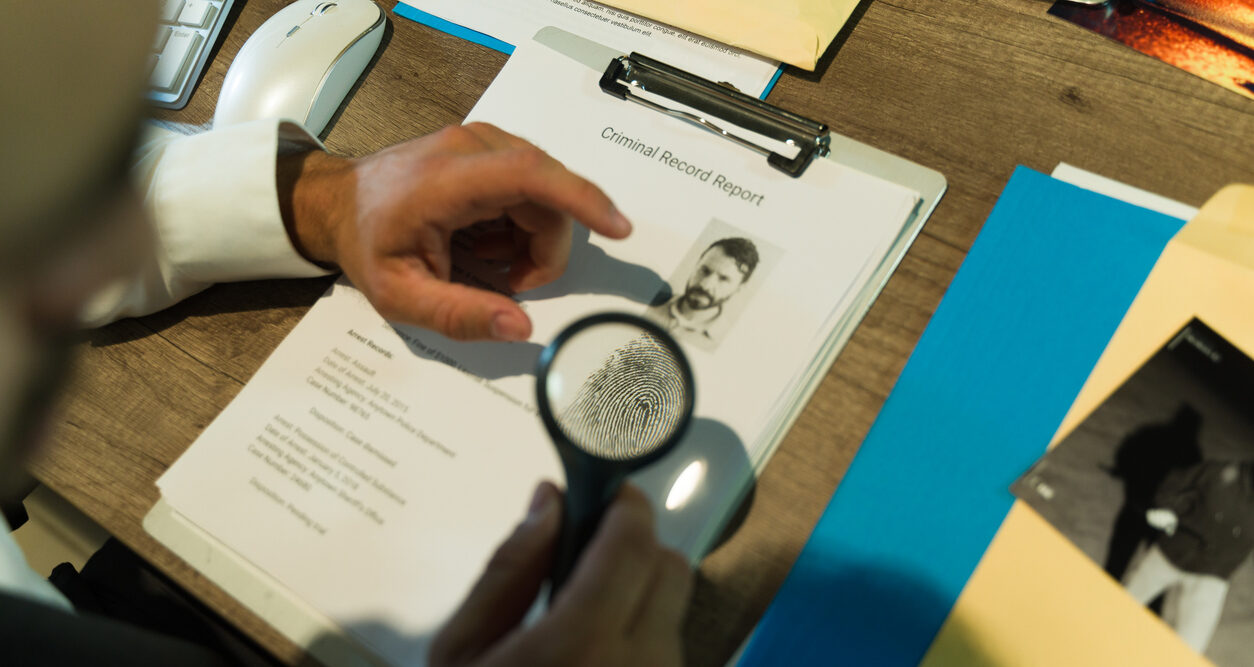What is the Difference Between Expungement and Criminal Record Sealing in Florida?
Both expungement and sealing of records serve the purpose of making an individual’s criminal history inaccessible to the public in Florida. Both legal processes also give the individual the authority to deny or fail to acknowledge the existence of an expunged or sealed criminal record. While there are many similarities, there are notable differences between expungement and record sealing. It is worth noting, however, that sometimes expungement and sealing are used interchangeably in other states. Under Florida law, there are significant differences between the two processes.
Sealing a criminal record involves a court order making your criminal history private and inaccessible to the public, including educational institutions and potential employers making background checks.
On the other hand, expungement of a criminal record results in the physical destruction of that record, with only one copy retained by the Florida Department of Law Enforcement for the purposes and eyes of law enforcement personnel only.
Additionally, eligibility requirements for either legal option differ slightly. In Florida criminal cases, expungement is usually reserved for cases where criminal charges were dismissed entirely. Sealing criminal records is typically the legal option for individuals when the criminal courts have withheld adjudication, meaning that the person was not formally convicted even though the charges were not necessarily dismissed.
To summarize, record sealing obscures the information from public view. It renders your criminal records confidential, but it does not destroy them. Expungement permits the destruction of the public record as though it never happened. However, fingerprints and DNA will be excluded from destruction.
What Are the Benefits of Expunging or Sealing Your Criminal Records?
Considering sealing or expunging a record has several legal and practical benefits for those with prior criminal convictions.
Examples of benefits to expunging and sealing your criminal record include the following:
Protect your criminal history from public view
- Prevent employers from discovering a criminal incident in your past
- Avoid the discovery of your criminal history by colleges and universities
- Safeguard an individual from having to disclose past arrests or criminal charges to interested parties
- Prevent your criminal record from being found on a background check
- Sidestep policies that prevent workplace advancement for employees with criminal histories
- Defend your reputation in the community
- Provide some sense of closure and peace of mind
Suppose you get court orders to seal or expunge your criminal record. In that case, it is an opportunity for a fresh start legally and, in some ways, personally. Expungement and sealing liberate you from the heavy burden of past criminal incidents, allowing you to pursue your ambitions without being weighed down by past transgressions. Having your record sealed or expunged will make it confidential to the public, coming background checks, and future employers, with certain limitations. Florida law also provides you the right to legally deny or fail to acknowledge the existence of any sealed or expunged record, except in some cases.
What Are the Requirements for Expungement or Record Sealing?
Specific eligibility requirements are the same for sealing and expunging records, and specific eligibility criteria differ.
Record sealing eligibility is for instances where charges were not dismissed or dropped, but the courts withheld adjudication. This is often the case when a person unable to secure a dismissal of their charges enters a guilty or no-contest plea in court and agrees to withhold adjudication. Providing that all other qualifications are met, individuals who have gone through this sort of criminal case outcome may qualify for a record-sealing request.
To qualify for expungement, the criminal charges against the individual should either have been dropped, dismissed, not pursued in the 1st place, or resulted in an acquittal following a criminal trial.
Eligibility requirements that are the same between expungement and sealing include the following:
- Florida law offers a one-time opportunity to expunge or seal a criminal record. Those who have previously sealed or expunged their criminal history will be disqualified from doing so again
- Those who have pending criminal charges or are under any court supervision, such as probation, are ineligible for either expunging or sealing their criminal records
What Criminal Offenses Cannot Be Expunged or Sealed in FL?
Several criminal offenses are categorically ineligible for record sealing or expungement in Florida.
The following crimes cannot be sealed, regardless of whether adjudication was withheld in your criminal case:
- Acts of terrorism
- Certain sexual misconduct offenses
- Arson
- Unlawful use of explosives
- Aggravated stalking
- Domestic violence crimes
- Murder or homicide
- Felony battery
- Human trafficking
- Prostitution involving minors
- Kidnapping or false imprisonment
- Lewd sexual misconduct involving the elderly or disabled persons
- Aggravated child abuse
- Home invasion robbery
- DUI charges
- Carjacking
- Aircraft piracy
- Drug trafficking
- Corruption by public officers
- Elder abuse
- And more
When Must Sealed or Expunged Records Be Disclosed?
While you are provided the legal right to deny or fail to acknowledge the existence of any sealed or expunged criminal record, there are exceptions to these non-disclosure protections under Florida law.
Some specific instances require the disclosure of criminal history records, even if those records were previously destroyed or sealed away. In such circumstances, you may not lawfully deny or fail to acknowledge your expunged or sealed criminal history.
You must disclose an expunged or sealed criminal record in the following situations:
- Disclosure is obligatory in instances where you find yourself the defendant in a criminal legal matter
- If you are seeking a position within a criminal justice organization, you must disclose any expunged or sealed criminal history
- Disclosure is required when you are applying for membership to the Florida bar
- Those seeking further relief, such as additional sealing or expungement, typically must disclose their criminal past
- If you are looking for employment with specific state agencies focused on helping the elderly, children, or disabled individuals, you may be required to disclose your criminal history
- Disclosure is mandatory if you are pursuing a license from the division of insurance agent and agency services
- Under specific sections of Florida law, you must disclose sealed or expunged criminal records when seeking to become a legal guardian
- You must legally disclose a sealed record if you’re attempting to purchase a firearm or apply for a concealed carry permit. This does not apply to those with expunged criminal records
Contact Us to Schedule Your Free Initial Consultation with Our Florida Criminal Defense Lawyers Today
Suppose you are looking to shield your criminal record from public view. In that case, you may be interested in applying to the Florida Department of Law Enforcement to seal or expunge your criminal history. While certain limitations and exceptions apply, expungement and record sealing can benefit those with criminal pasts who want to escape the shadow of past transgressions.
Our law firm aggressively represents clients interested in expunging or sealing their criminal records in Florida. To learn more about our legal services and how we can assist you throughout the record sealing or expungement process, please get in touch with our law office to schedule your free consultation with our legal team today.
You can reach us at 863-622-9602.






